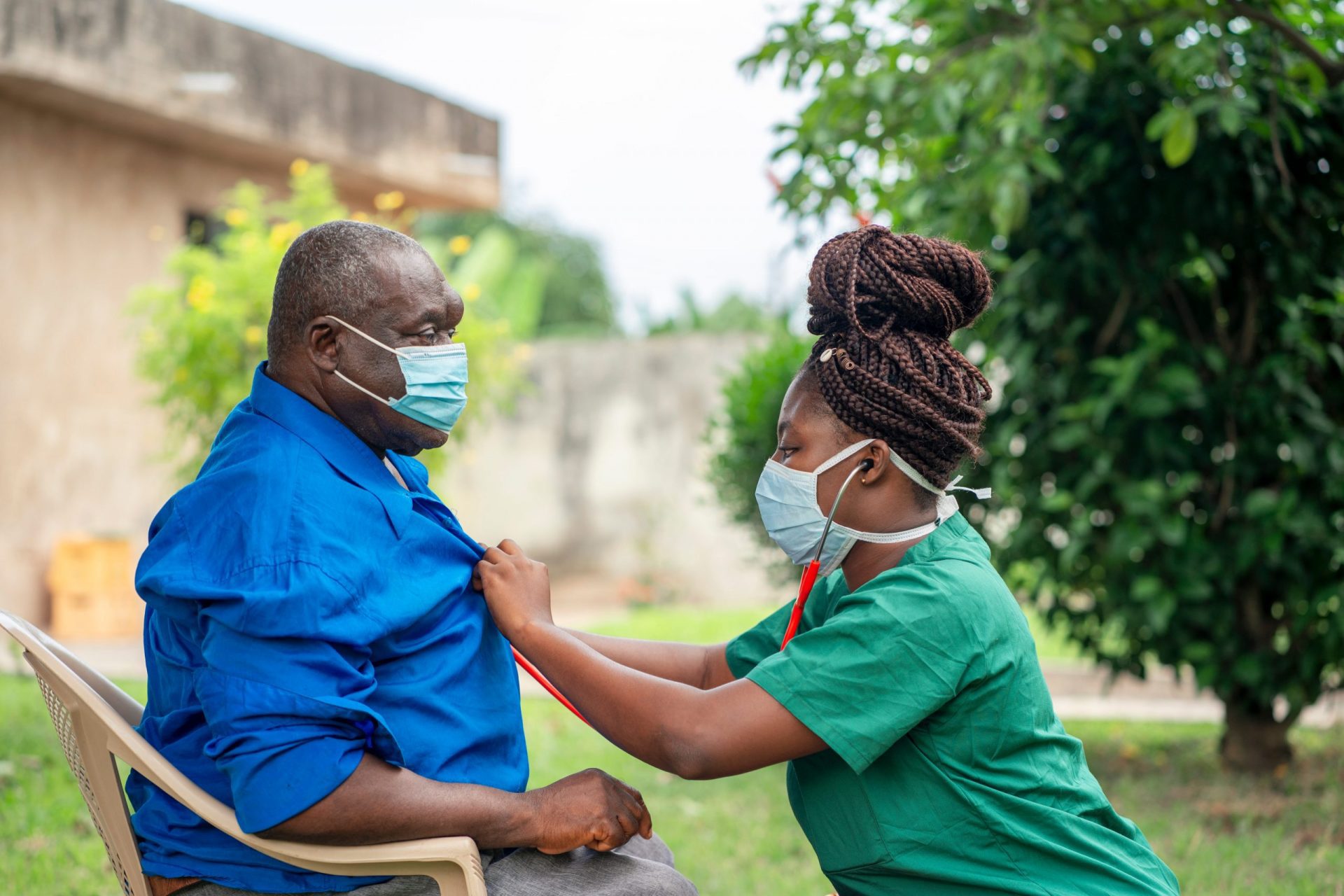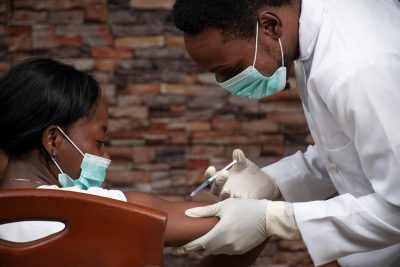The impact of sugar-sweetened beverages on global health has reached alarming levels, with new research revealing unprecedented connections to life-threatening conditions. A comprehensive study published in Nature Medicine demonstrates how these drinks contribute significantly to the worldwide surge in type 2 diabetes and cardiovascular diseases. The findings present a compelling case for immediate action to address what researchers now consider a global health emergency.
The extensive research spans multiple continents and socioeconomic backgrounds, offering unprecedented insight into consumption patterns and their health implications. Scientists have identified clear correlations between increased sugary beverage consumption and deteriorating public health metrics across diverse populations.
The numbers paint a concerning picture
Research spanning 184 countries unveils that sugar-sweetened beverages contributed to 1 in 10 new type 2 diabetes cases globally in 2020. The study, drawing from the Global Dietary Database of 2.9 million individuals across 118 nations, represents an unprecedented 87.1% of the world population.
The magnitude of this health crisis becomes even more apparent when examining the raw numbers. Approximately 2.2 million individuals developed type 2 diabetes due to their consumption of sugary drinks, while another 1.2 million faced new cardiovascular complications. These statistics represent not just numbers but real people whose lives have been significantly impacted by their beverage choices.
Regional disparities tell a deeper story
The consumption patterns vary dramatically across regions, revealing striking cultural and economic influences. Latin American countries lead global consumption rates, with Colombia recording the highest intake at 17.4 beverages weekly per person. In stark contrast, South Asian nations demonstrate significantly lower consumption, averaging less than one sugary drink per week.
This disparity highlights the complex interplay between cultural norms, economic development, and marketing influences. In regions with high consumption rates, researchers observed strong correlations between aggressive beverage marketing campaigns and increased consumption patterns. The accessibility of sugary drinks, combined with their relatively low cost, creates a perfect storm for overconsumption in many areas.
Age and gender shape consumption habits
Young adults and men consistently show higher consumption rates across all regions. Educational background plays a complex role, with its influence varying significantly between developed and developing nations. This pattern suggests the need for targeted intervention strategies that consider demographic factors.
The research indicates that individuals aged 18-34 consume nearly twice the amount of sugary beverages compared to those over 50. Male consumers typically drink 30% more sugar-sweetened beverages than their female counterparts. These demographic patterns remain consistent across different regions and socioeconomic backgrounds, pointing to underlying behavioral and social factors that transcend cultural boundaries.
Health consequences reach critical levels
The research reveals that sugar-sweetened beverages directly contributed to approximately 2.2 million new diabetes cases and 1.2 million cardiovascular cases globally. More concerning still, these drinks were linked to 5.1% of diabetes-related deaths and 2.1% of cardiovascular disease fatalities worldwide.
The health impact extends beyond just diabetes and cardiovascular disease. Regular consumption of sugar-sweetened beverages has been linked to increased risks of obesity, dental problems, and various metabolic disorders. The cumulative effect of these health issues places an enormous burden on healthcare systems worldwide, particularly in regions with limited healthcare resources.
A three-decade perspective reveals shifting patterns
Analysis of consumption trends from 1990 to 2020 shows a 1.3% increase in diabetes cases attributable to sugary drinks, particularly in sub-Saharan Africa. However, cardiovascular cases linked to these beverages showed a slight global decrease, indicating varying success in public health initiatives across different regions.
The long-term data reveals complex patterns of consumption that often correlate with economic development and urbanization. As countries experience rapid economic growth, they typically see a corresponding increase in sugary beverage consumption, followed by a gradual decline as health awareness improves and public health measures take effect.
Moving toward solutions
Public health experts emphasize the importance of water consumption and natural alternatives to combat this crisis. Simple switches to unsweetened beverages and sparkling water with fresh fruit can significantly impact individual health outcomes. Meanwhile, policymakers work to implement region-specific strategies to address this growing public health concern.
The solution requires a multi-faceted approach combining education, policy changes, and individual action. Several countries have implemented successful interventions, including sugar taxes, advertising restrictions, and school-based programs to reduce consumption. These initiatives have shown promising results, particularly when implemented as part of comprehensive public health strategies.
Future implications and recommendations
The research underscores the urgent need for global coordination in addressing sugar-sweetened beverage consumption. Public health officials recommend implementing stricter regulations on beverage marketing, particularly those targeting young consumers. Educational programs focusing on the health impacts of sugary drinks have shown promise in reducing consumption rates among informed populations.
Healthcare providers increasingly emphasize the importance of dietary counseling that specifically addresses beverage choices. The implementation of workplace wellness programs that promote healthy beverage options has demonstrated significant success in reducing sugar-sweetened beverage consumption among working adults.
Ultimately, addressing this global health crisis requires sustained effort at all levels of society. From individual choices to corporate responsibility and government policy, each sector plays a crucial role in reducing the impact of sugar-sweetened beverages on public health. The evidence clearly shows that immediate action is necessary to prevent millions of future cases of preventable diseases.














